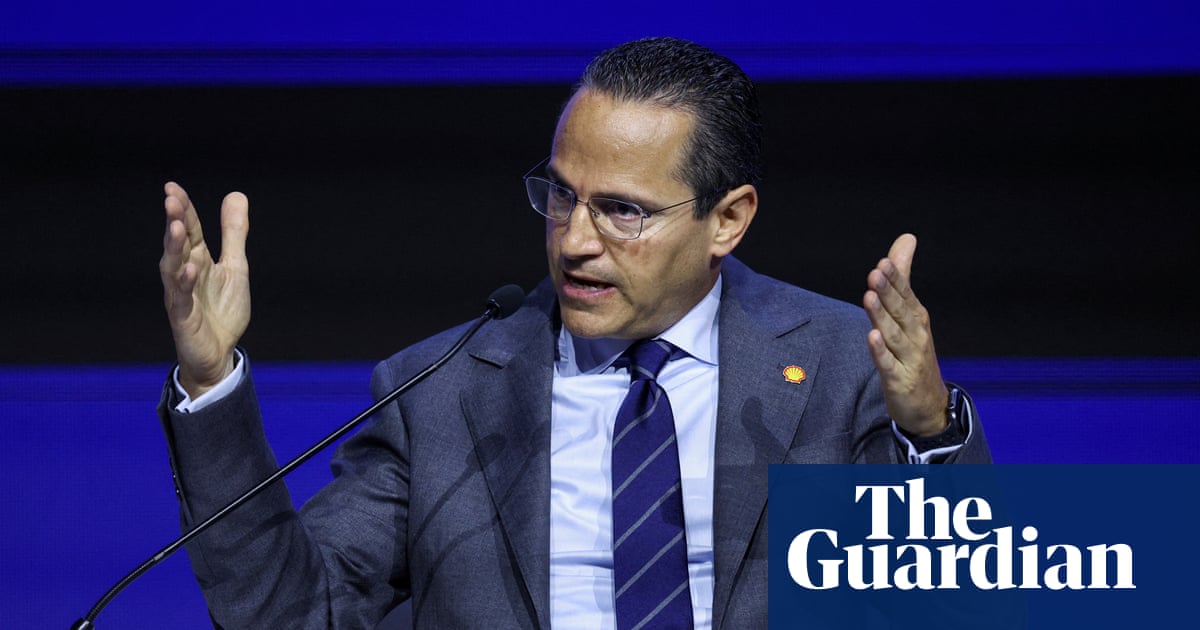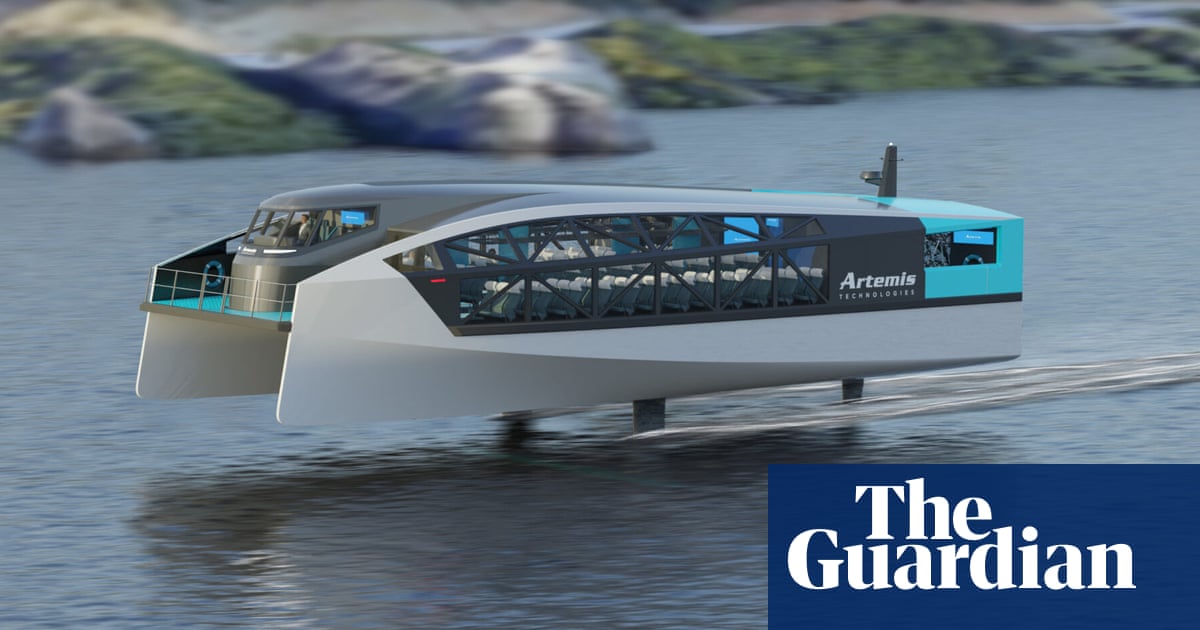
The global shipping industry has pledged to reduce greenhouse gas emissions to zero by mid-century – but only if governments impose a mandatory levy on shipping fuel to fund the development of new low-carbon technology.
The International Chamber of Shipping (ICS), which represents the majority of the global shipping industry, submitted the plans to the International Maritime Organization (IMO), the worldwide regulator and part of the UN.
The industry group called for a carbon levy on shipping, a new fund for the development of low-carbon technologies and a 25% cut in emissions by 2030, moving to zero emissions from shipping by 2050.
Green campaigners said the plans were unrealistic, however, and accused the ICS of obstructing progress on alternative measures that were more likely to be effective.
The IMO’s current target is to halve carbon dioxide emissions from international shipping by 2050, although scientists have warned that global greenhouse gas emissions must reach net zero around mid-century to limit global heating to 1.5C.
Ships run on dirty, low-grade fuel oil, which is high in carbon and produces air pollutants, and is hard to replace with cleaner fuels. Shipping makes up about 3% of global emissions but this is likely to rise to as much as 17% by 2050 if the sector goes unregulated, and shipping is not covered by UN climate treaties.
The ICS has previously called for a “moonshot” research fund of $5bn to spend on developing zero-carbon ships, to be paid for by a levy of $2 per tonne on shipping fuel. Among the promising technologies for reducing emissions from ships are hydrogen, in the form of ammonia, which tests have shown could be used as a shipping fuel. Such a levy would have to be agreed by governments to be made mandatory by the IMO.
Esben Poulsson, the chair of the ICS, said: “Our net zero offering sets out the ‘how’ as well as the ‘what’ for decarbonising shipping by 2050. We’re saying to governments that if they really want to reach net zero, they need to move from empty commitments to tangible action.”
The IMO will meet before the Cop26 UN climate summit in Glasgow next month to discuss cutting emissions from shipping. Previous IMO meetings have produced little progress on climate plans.
Green campaigners said the ICS’s plans did not add up. The ICS has opposed moves by the EU to extend its existing emissions trading scheme to cover shipping, which would generate an estimated $70bn over the next decade that could be invested in green technologies.
Faig Abbasov, the shipping programme director at the Transport and Environment thinktank, said: “Talk is cheap in the run-up to Cop26 and it will take more than a $2 fuel levy to drive the technological transition. If the shipping industry is serious about decarbonisation, it should support a carbon price that will generate far more revenue, such as the Europeans are proposing.”
John Maggs, of the campaign group Seas at Risk, said: “ICS claims to support greater ambition, but then insists on a raft of provisions that can only weaken ambition and the industry’s response to the climate crisis.
“Focusing on CO2 alone ignores both black carbon emissions, which are responsible for 20% of the ship climate problem, and the growing problem of methane emissions from LNG-powered ships … ICS should be supporting the proposals [for zero emissions from shipping] already on the table at IMO, not trying to undermine them.”
Madeline Rose, the climate campaign director at Pacific Environment, said: “The shipping industry needs to be emitting absolutely zero climate pollution by no later than 2040 to do its fair share to help the world mitigate catastrophic climate change and biodiversity loss.
“We urge national governments to carry on with the work of negotiating an absolute zero emissions target on a timeframe compatible with 1.5C global warming pathway, along with mandatory policies like clean fuel standards, pollution pricing, and bans on new build fossil fuel ships.”











